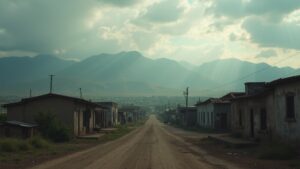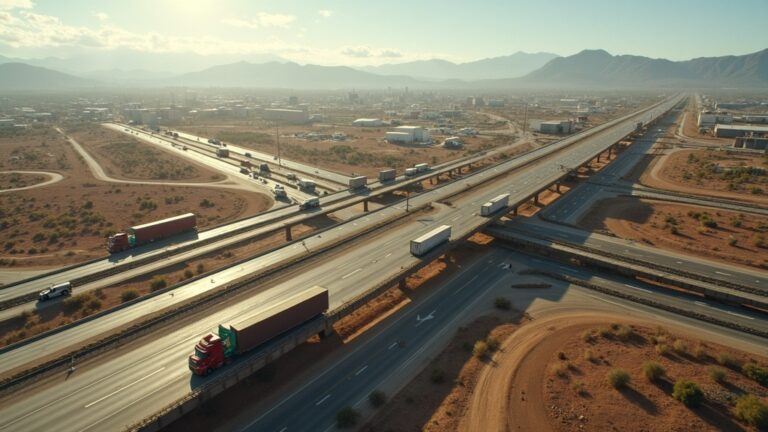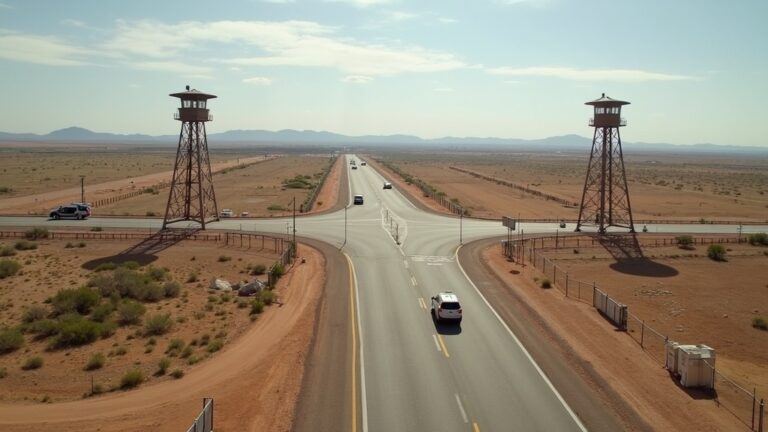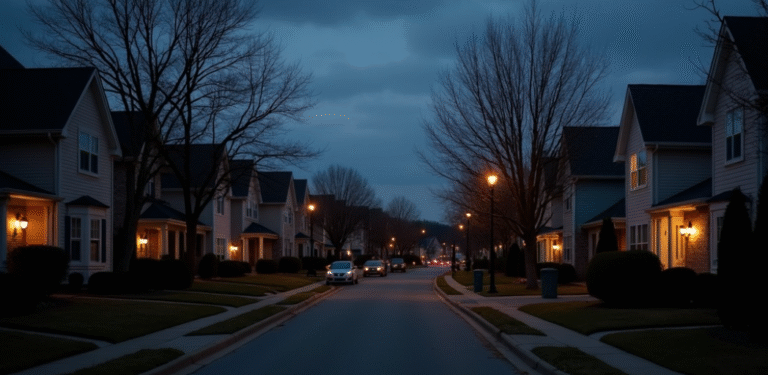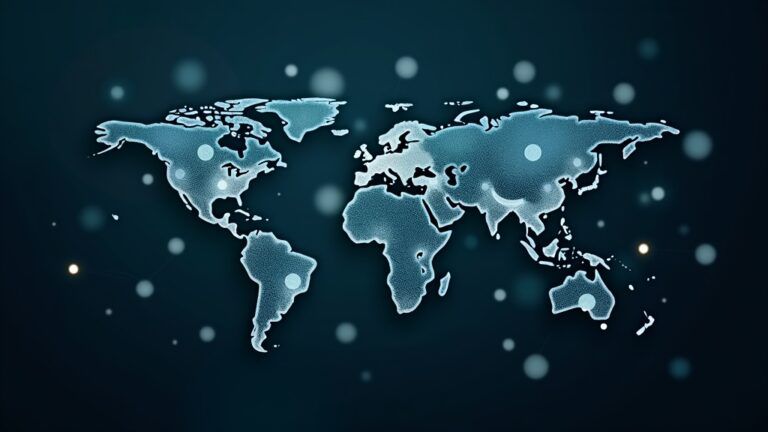Introduction
In Mexico, crime rarely ends with the initial event. It often grows roots in a network of corruption. Bribery, political coverups, and everyday “mordida” payments create a system where criminals aren’t the only threat; it’s the broken institutions meant to protect you that add another layer of harm. In my experience living in and researching Mexican communities, I’ve seen how corruption isn’t just a moral issue. It’s one of the driving forces behind victimization, as illustrated in the idea of How Corruption Fuels Victimization, allowing crime to keep thriving, weakening community bonds, and leaving people unsure if seeking help is even worth it.
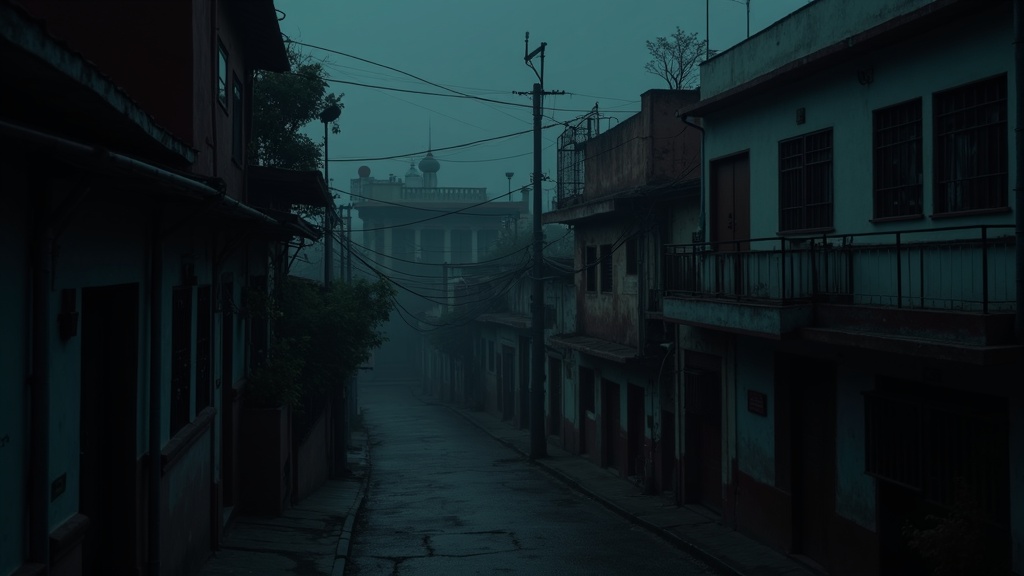
Table of Contents
What Corruption and Victimization Mean in Mexican Communities
Corruption in Mexico goes way beyond a few bad apples. It’s become a part of the daily routine at many levels, from mayoral offices all the way down to traffic stops. When I talk about victimization, I’m not just thinking about headline-hitting kidnappings or robberies. There’s a whole range—physical danger, financial harm, and even the lingering feeling that your community just isn’t safe anymore.
Corruption comes in different forms: political (when officials misuse their power), police (like when officers look the other way, demand bribes, or cozy up to cartels), and judicial (think rigged trials or evidence that just “disappears”). These all blend together in a way that creates vulnerability you can almost predict. I know people who, after being robbed, end up paying again; this time to the police just to get their case filed. Many end up staying silent out of fear or frustration, which only makes things worse.
How Corruption Operates at Every Level
Corruption doesn’t just happen in government halls. On the street, police have been known to pull over migrants or small business owners “just doing their jobs” until they get a quick payout. There are often informal quota systems, where officers pay their bosses a cut just to keep their jobs, so the pressure to extort is high. Everyday bribes for traffic stops, paperwork, or basic services have become an exhausting norm for many families I know.
Then there’s corruption at the institutional level. Politicians sometimes protect cartels in return for campaign funding or personal perks, while some city governments reroute federal security grants meant for public safety into private pockets. I’ve heard stories where prosecutors misplace (or maybe lose on purpose) the evidence that would put criminals away.
I can’t ignore corporate corruption, either. Money laundering often finds its way into big construction or agriculture industries, and there’s a long history of business elites pressing their influence to keep investigations away from their cartel partners. The result? Organized crime and business interests are almost impossible to untangle. This has deep, lasting effects. Small farmers and business owners can get edged out or forced to pay “protection” just to operate, while honest businesses struggle to compete with those washing dirty money. At the same time, the public misses out on development funds that are skimmed off at almost every stage. In regions where organized crime has infiltrated key sectors, people lose access to jobs, fair wages, and even vital resources like water and electricity as cartels and corrupt officials decide who gets what.
How Corruption Directly Hurts Ordinary People
Everyday people get hit with harm from multiple directions. In some towns, innocent folks are blamed for crimes just to protect the real culprits. Paying “mordidas” at the police station or being forced to hand over cash during a traffic stop isn’t uncommon at all. In fact, skipping these payments can sometimes have consequences of its own.
There’s a secondary wave of victimization, too; families who try to speak up face endless hurdles. I’ve met parents who spent months chasing paperwork, only to have their case stall because a file vanishes or a witness is quietly threatened. The pain from the original crime just gets drawn out, leaving many feeling like justice is out of reach.
Whole communities can bear the cost when corruption becomes routine. Fear is a great silencer, and over time it erodes not just trust in the authorities but also the willingness of people to cooperate with each other. This “structural victimization” basically means the system itself, instead of protecting folks, ends up trapping them in cycles of fear and loss. Even local businesses and schools become hesitant to speak out, worried that challenging the status quo will backfire. This atmosphere affects everything from neighborhood safety to youth programs, making the social fabric threadbare.
Cartels and Corruption; A Partnership That Hurts Communities
Cartels rarely act alone. They often have officials on their payroll, paying well for tips about raids or even full-on protection (sometimes referred to as “plaza control”). It’s not unheard of for officers to pick up a second paycheck from cartels, in exchange for letting certain crimes slide or warning them when enforcement is coming their way.
Corruption doesn’t just stay at the town level, either. Governors and mayors in some states have faced accusations of taking money from cartels to turn a blind eye or tip the scales in their favor. Nationally-known cases in places like Veracruz and Tamaulipas show how this high-level collusion creates safe spaces for criminal groups, and even federal agencies have been hit by scandals showing selective prosecution.
This kind of partnership between organized crime and corrupt officials ends up powering a constant stream of kidnappings, murders, and extortions. It’s double trouble for local people, who end up squeezed by both the criminals and the authorities meant to protect them. In many cases, the distinction between “criminal” and “official” blurs, as those in power may secretly coordinate the very acts they are supposed to prevent.
Impunity; Why Victims Rarely See Justice
One of the things that really stands out in conversations about crime and corruption in Mexico is the rate of impunity. Over 90% of crimes don’t see any real punishment, according to INEGI and organizations like Impunidad Cero. Less than 1% of homicide cases ever make it to conviction. This isn’t just bad luck. It’s the result of overloaded courts, lack of resources, political interference, and corruption among investigative staff.
I’ve talked with folks who tried reporting extortion or other crimes, only to be blamed for their own problems or outright ignored. There’s also the fear of retaliation; not just from criminals but from the corrupt officials themselves. This atmosphere of distrust makes people even less likely to reach out for help.
This level of impunity has economic fallout, too. Billions are lost every year in business slowdowns, stolen goods, and lost tourism. Many small businesses now just add extortion payments as a routine cost, and as poverty deepens, the temptation and pressure to participate in corruption grows even more. The cycle is hard to break, especially when even basic legal processes feel loaded against the average person.
How Corruption Changes Communities and People
When corruption becomes just another fact of life, overheard in conversations as “Así es México,” it creates a kind of learned helplessness. Instead of expecting things to get better, many simply adapt, feeling powerless to demand change. This has some similarities to how communities in conflict zones cope: over time, the trauma gives way to apathy, and hope for real justice dies down.
Fear also becomes normalized. I’ve had neighbors say they trust local police about as much as they trust the local gangs. This has pushed some people to join selfdefense groups or pay for private security, trying to fill in gaps left by the official justice system. It’s almost like there are two sets of rules: one in the law books, and one everyone actually follows to get by.
On a personal level, living in a corrupt system takes a toll. Anxiety, distrust, and a nagging sense of uncertainty make daily life more stressful. I’ve watched how teenagers, fed up with empty promises, become easy targets for recruitment by criminal groups. Many families stick together for safety, making long-term plans less about growth and more about survival. As younger generations see little progress, a sense of apathy can take hold, and with it, the dream of migration or looking for a future elsewhere grows stronger. However, in some towns, parents and local groups are coming together for neighborhood watches and mutual support, hoping to reclaim even a small sense of agency.
Real Cases; Where Corruption and Victimization Collide
Ayotzinapa (2014) – The Disappeared Students
The case of the 43 missing students from Ayotzinapa shows just how tight the links between police, military, and organized crime can get. Investigations into their disappearance found evidence of coverups, manipulated reports, and obstruction all along the way. This tragedy became a national symbol of how corruption can create and deepen suffering.
The “Gasoline Theft” Corridor
Oil theft (known locally as “huachicol”) is another example. Officials look the other way to fuel stolen from pipelines as long as payoffs keep flowing. Meanwhile, communities along these routes deal with violence, environmental risks, and police crackdowns that don’t reach the masterminds, just lowlevel operators and families caught in the crossfire.
More Recent Examples and Community Pushback
Beyond these well-known cases, there have been reports of entire town governments dissolved after being exposed for cartel links, as well as successful community protests that led to resignations of corrupt officials. In states like Michoacán, local villages have ousted criminal groups and set up their own community police forces. While these initiatives aren’t always perfect, they show a growing hunger for true accountability and local solutions, giving hope for a different future.
Quick FAQ – Tackling the Toughest Questions
Does reporting a crime in Mexico help?
Sometimes, but many people are discouraged by the slow process and risk of retaliation. Some organizations, like Impunidad Cero, are working to make things more transparent.
What are “mordidas” and how do they impact crime?
“Mordida” is slang for a bribe, often paid to avoid trouble or speed up paperwork. While it sometimes solves a small problem for the payer, it reinforces the system that lets bigger crime go unchecked. Paying a mordida might get your paperwork processed faster, but it further entrenches a culture of expectation for payoffs.
How can communities break the cycle?
Local initiatives focused on transparency, community policing, and government accountability have helped in some towns. Supporting independent journalism and civic organizations can also brighten up abuses that usually stay hidden. Community members who document and share their experiences, or who participate in town hall meetings, play an important role in keeping officials on their toes. In recent years, online platforms and social media have made it easier for ordinary citizens to report abuses, organize protests, and push for honest leadership.
Moving Forward
Corruption fueling victimization is one of the toughest challenges Mexican communities face today. It isn’t just about crooked politicians or criminal gangs. It’s about a system where every level, from street corners to government offices, can leave people feeling unsafe and unheard. Tackling this takes stubborn transparency, civic action, and support for organizations fighting impunity.
Communities that do find ways to challenge the status quo show it’s possible to build trust back, brick by brick. Every small act toward honesty and justice helps push back against the feeling of helplessness and starts to repair the bonds between neighbors. It might be a tough road, but communities working together can level up the fight against corruption and keep hope for change alive.
If you feel like you need to report a crime involving money laundering, please don’t hesitate to contact your local law enforcement or, if in the United States, reach out to the Homeland Security Investigations or the Federal Bureau of Investigations.
Contact Us:
If you need to contact us for any reason, please feel free to do so here!


